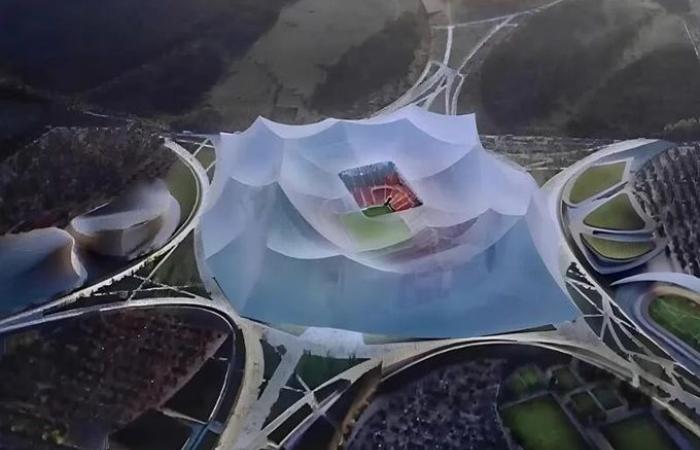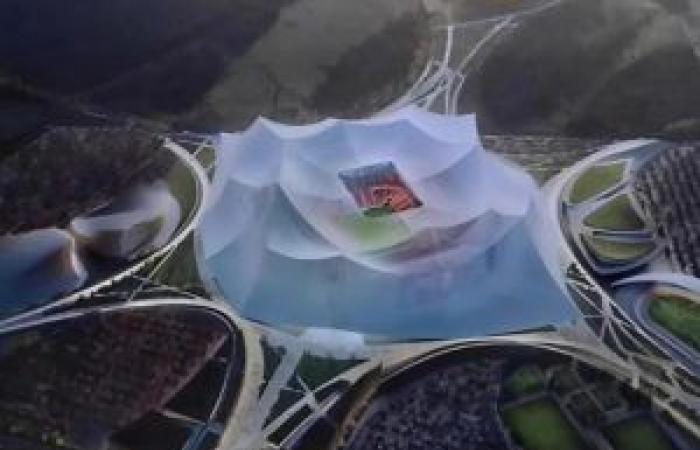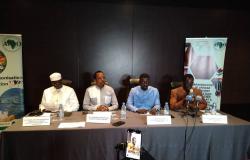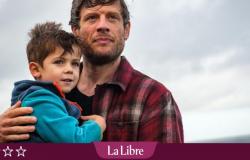Morocco has posted an economic strategy articulated for several years around major structuring projects and quantified objectives by 2030. In this context, the country attracts the attention of entrepreneurs and investors interested in the transformations in progress, in particular in the fields of digital, tourism and services.
Structuring projects and a displayed trajectory
Three major projects mark the national agenda : The organization of the African Cup of Nations 2025, the 2030 World Cup (co -organized with Spain and Portugal), and the Morocco Digital 2030 plan, intended to promote digital transformation.
These initiatives are accompanied by substantial public commitments, with more than $ 100 billion in investments announced by 2030, a target of 26 million tourists per year, and the creation of more than 300,000 jobs within the framework of the 2030 World Cup.
Mutation sectors
Several sectors are experiencing growth dynamics, in particular:
- Online trade,
- Digital services (marketing, data analysis, web development),
- Content creation for companies,
- Tourism, especially ecological,
- Local services (catering, concierge),
- Online training and digital education.
These developments are made by growing demand, but also by the emergence of new uses in the local and regional economy.
Incitations and support devices
The Moroccan tax framework provides for several mechanisms aimed at supporting project leaders:
- Tax exemptions in free zones for five years,
- Simplified regime for self-employed (1 to 2 % of turnover),
- Industrial investment aid, in particular via the Hassan II fund,
Public incubator networks (Technopark, Tamwilcom), which have accompanied more than 1000 startups.
These devices remain subject to eligibility criteria and are part of a targeted incentive logic.
Human resources and training dynamics
Each year, around 100,000 young people are trained in the digital professions. The country has set itself the objective of creating 240,000 digital jobs by 2030, and structuring an ecosystem of 3,000 startups with an targeted volume of 700 million euros raised.
The return of profiles trained abroad, especially among Moroccans residing abroad (MRE), also feeds the pool of available skills.
Macroeconomic framework and stability
In terms of stability, Morocco positions itself as a relatively stable player in North Africa. It is classified in the Tier 1 of the Global Cybersecurity Index 2024 and recorded $ 1.1 billion in foreign direct investment in 2023. Security reforms were initiated, strengthening the legal framework for crimes and cybersecurity.
Cost of living and environmental quality
Finally, the cost of living in Morocco remains lower than that of many European countries, especially in terms of housing, food and transport. This context, combined with a lifestyle perceived as less stressful, attracts certain project leaders in search of balance.
Morocco articulates its development around infrastructure projects, an incentive framework and the rise in skills of its youth. If the investment potential is real in several sectors, the success of projects will also depend on the capacity of actors to navigate in an environment in transformation, between national ambition and structural constraints. (source : decreasure of raddrals)









